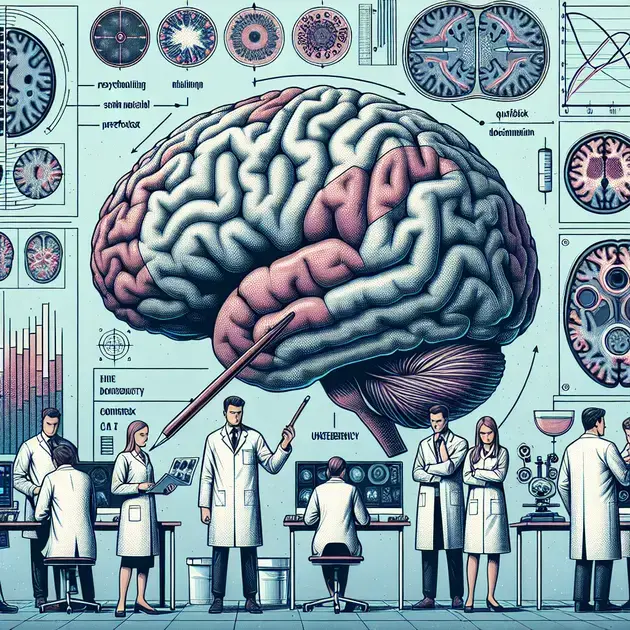The study focused on the prefrontal cortex, which is responsible for higher cognitive functions such as decision-making, risk evaluation, and emotion regulation. Participants were divided into three groups: one with damaged lateral prefrontal cortex, one with damaged anterior cingulate cortex, and a control group without any prefrontal cortex damage.
The participants were given decision-making tasks that involved different levels of uncertainty. The researchers observed their decision-making patterns and reactions to gain insights into the role of the prefrontal cortex in decision-making.
The findings revealed that participants with damage to the lateral prefrontal cortex had difficulties in accurately weighing risks and benefits. They tended to make impulsive choices, prioritizing immediate gains without considering long-term consequences.
On the other hand, individuals with impairments in the anterior cingulate cortex struggled with emotional regulation and evaluating risks associated with uncertain outcomes. They displayed heightened anxiety and tended to avoid decisions with ambiguity, preferring choices with predictable outcomes even if the potential rewards were lower.
This research emphasizes the importance of the prefrontal cortex in guiding split-second decisions and evaluating uncertainty. By identifying the specific regions involved in decision-making, psychologists gain a better understanding of how different areas of the brain contribute to this process.
The implications of this research extend beyond the field of neuroscience. It has potential applications in neurology, psychiatry, and artificial intelligence. Understanding the mechanisms of decision-making can help develop interventions and treatments for individuals with prefrontal cortex impairments, ultimately improving their cognitive functioning and decision-making abilities.
In conclusion, psychologists studying the prefrontal cortex’s role in evaluating uncertainty and influencing quick decision-making have made significant progress. Their findings not only increase our understanding of the brain but also offer hope for interventions that can enhance decision-making abilities in individuals with prefrontal cortex impairments.
